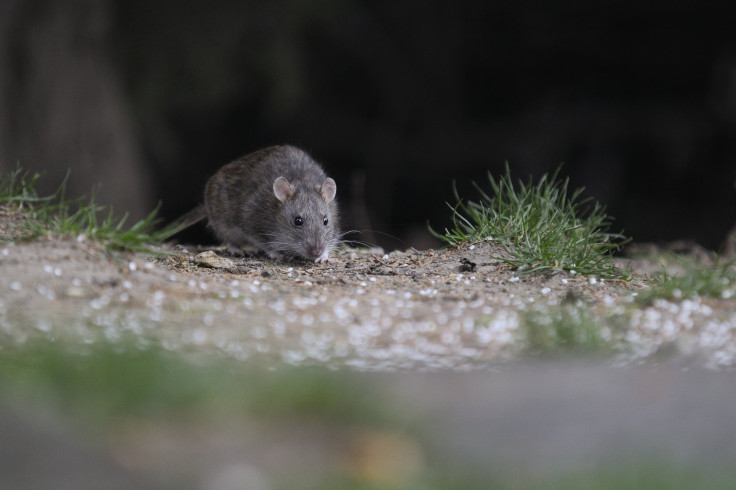3 More Cases Of Pneumonic Plague Found In Colorado; Originated From Infected Dog

Last week, for the first time in a decade, the first case of a rare disease known as the pneumonic plague was discovered in Colorado. Now, the number of cases in the state has increased to four, and health officials believe they’re all linked to the same infected dog.
The first patient who was hospitalized with the plague had contact with the infected dog, which has since died from the disease. The four plague patients, meanwhile, have all been treated with antibiotics and have recovered — they are no longer contagious, which may assuage the fears of many in the state.
The term “plague” is a vague one — and somewhat fear-mongering. When you hear the word plague, you’re probably thinking about the deadly 14th century epidemic, riddled with ravaging rats and disastrous sanitation standards, that wiped out a huge part of the European population. But there are three main types of the disease: septicemic plague, which involves bacteria entering the bloodstream; bubonic plague, familiar as being the Middle Ages epidemic; and pneumonic plague, which is spread through coughing and sneezing, and involves bacteria settling in the lungs. Contrary to popular belief, the plague does still exist. Pneumonic plague and the other two forms pop up in the U.S. each year, infecting an average of about 7 people annually, mostly in western states like Arizona, Colorado, and New Mexico. The plague is usually spread through fleas that pick up the bacterium Yersinia pestis in diseased animals like dogs, chipmunks, prairie dogs, and ground squirrels.
“While this is not a daily, weekly, or monthly occurrence, it isn’t without precedence,” Jim Siedlecki, director of public information of Adams County in Colorado, told Bloomberg News. “A case of plague where fleas and prairie dogs are involved isn’t earth shattering for Colorado.”
The pneumonic plague typically involves symptoms like cough, fever, chest pain while breathing, and difficulty breathing. Though antibiotics today ensure swift and effective treatment of the disease, if not treated, the plague is fatal. The best way to avoid contact with the plague is to stay away from rodents and other small mammals, particularly in western, rural areas.



























